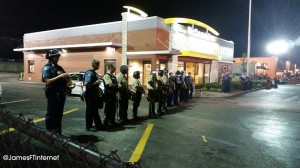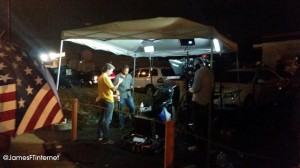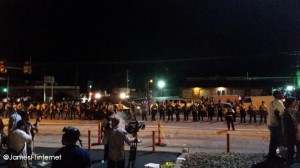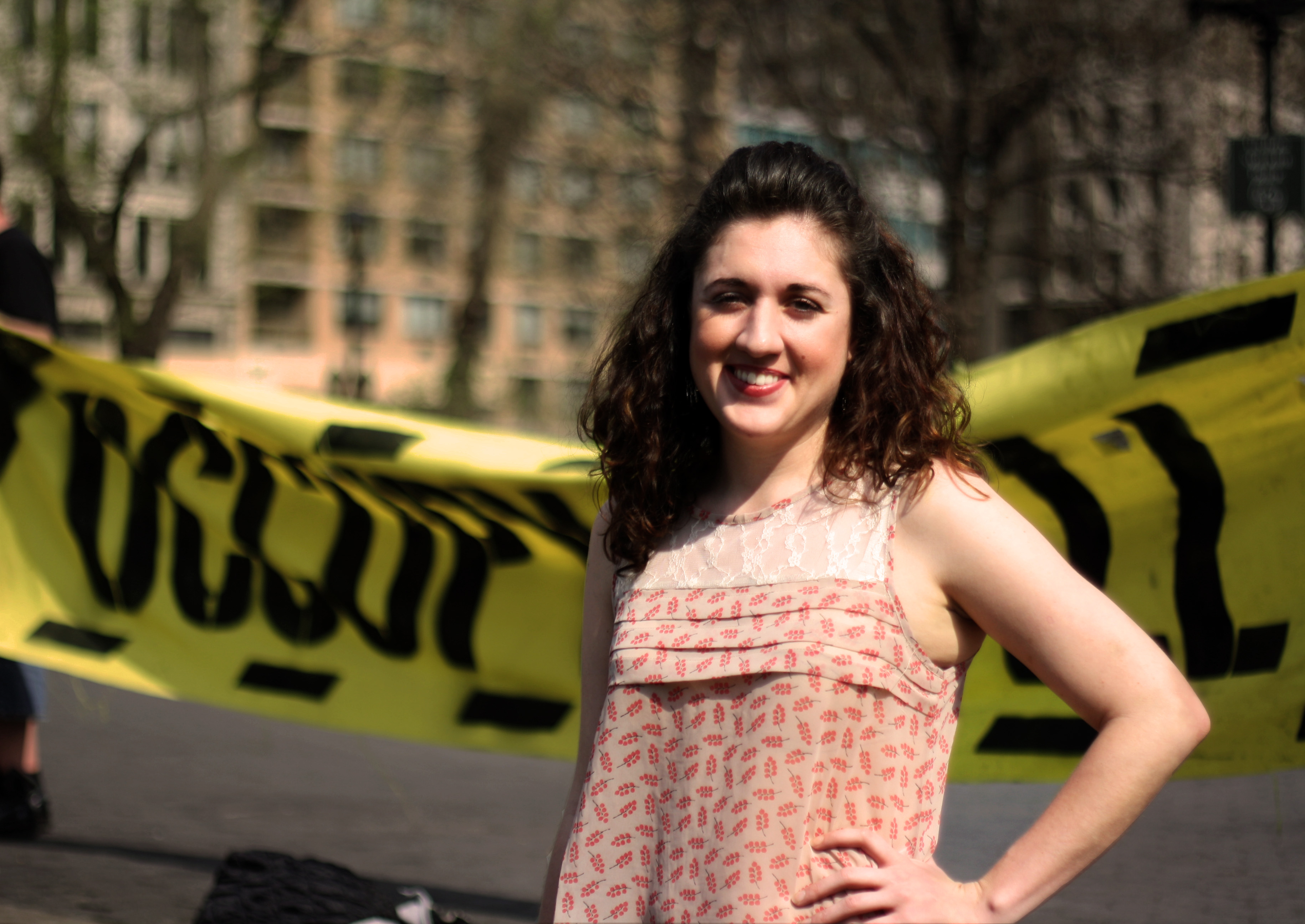When Mike Brown was killed by Ferguson, Missouri police officer Darren Wilson, no one could have predicted the social upheaval that was to follow. Police shootings have become a weekly occurrence in America that rarely stay in the public eye or the national news cycle for more than a day or two. But when Ferguson exploded, and it became apparent that the community would not be mollified by the standard response from elected officials, it quickly turned into a big story that left the mainstream media scrambling to provide coverage.
During the first days of protest, the images and video coming out of Ferguson came from independent media, photographers, videographers, and live stream operators in the St. Louis area via social media sites. People like St. Louis Alderman Antonio French became a trusted “on the ground” media source as the events in Ferguson unfolded and showed the world that news coverage was no longer the province of corporate media juggernauts.
As “rioting” and “looting” became the story, and video and images spread throughout the internet, news outlets started pouring into Ferguson. Overnight, dozens of news outlets appeared in Ferguson with their large cameras and production vans and created a large “media area” to establish their presence and declare to the residents of Ferguson that the media had arrived.
 CNN went one step further than other corporate media outlets by sending Don Lemon, their most popular and most well-known African American news anchor. And while this might have made sense from a production standpoint, it really began the downward spiral of the changing narrative in Ferguson.
CNN went one step further than other corporate media outlets by sending Don Lemon, their most popular and most well-known African American news anchor. And while this might have made sense from a production standpoint, it really began the downward spiral of the changing narrative in Ferguson.
No longer was the story about an unarmed black teenager killed by a white police officer…it became about Don Lemon’s experience there as a black man in a racially charged environment. The residents in Ferguson had been dealing with racism and police harassment for decades, but once Don Lemon was pushed by a police officer and heard racial slurs being uttered by members of the National Guard, his incredulity at it happening to him became the centerpiece of the CNN coverage for days to follow.
Even worse, was that all the other mainstream news outlets switched to covering the Don Lemon coverage of Ferguson instead of the plight and struggle of the residents. Meanwhile, smaller news outlets and independent journalists were covering the reality of everyday life of the residents in Ferguson.
Then, things went from bad to worse once Anderson Cooper and his support staff came to do live “primetime” broadcasts. There were now almost as many “journalists” as there were protesters and their chants were drowned out by the sound of CNN production people discussing which hotel they were staying at and comparing their lunch orders.
Even worse, CNN brought a military security company and hired off-duty police to provide a “safe perimeter” for Anderson Cooper and the media area became the CNN area. They harassed and censored independent media by “light flashing” their cameras and used their security and police officers to escort them away from the media area.
Ryan Schuessler, an independent journalist who had been working for Al-Jazerra in Ferguson at the time wrote a scathing letter on his website that went viral, explaining just how bad the CNN led news barrage had become and why he could no longer be part of the media circus that had changed the story in Ferguson from one about a community crying out for someone to tell their story, to a spectacle that provided nothing more than a convenient backdrop for the mainstream media to increase their ratings.
After nearly two weeks and over one hundred hours of coverage, CNN packed up their mobile studio and snuck away from Ferguson like a thief in the night. They got the images of conflict and “riot porn” that they were looking for, and left the people who were there from the start to continue the real journalism…as well as the responsibility of explaining to residents that not all journalists are there to take the money and run.
Sadly, with today’s much shorter news cycle where actual journalism has been replaced by sensationalism and interviews have been replaced by random sound bytes, this type of reporting has become the norm for the mainstream media outlets. While the “industry leaders” practice one up-manship at the cost of journalistic integrity, it is smaller news organizations, independent journalists, and even random citizens who are increasingly picking up the slack and filling the void in the area where mainstream journalism once existed.
Follow James Woods on Twitter.





